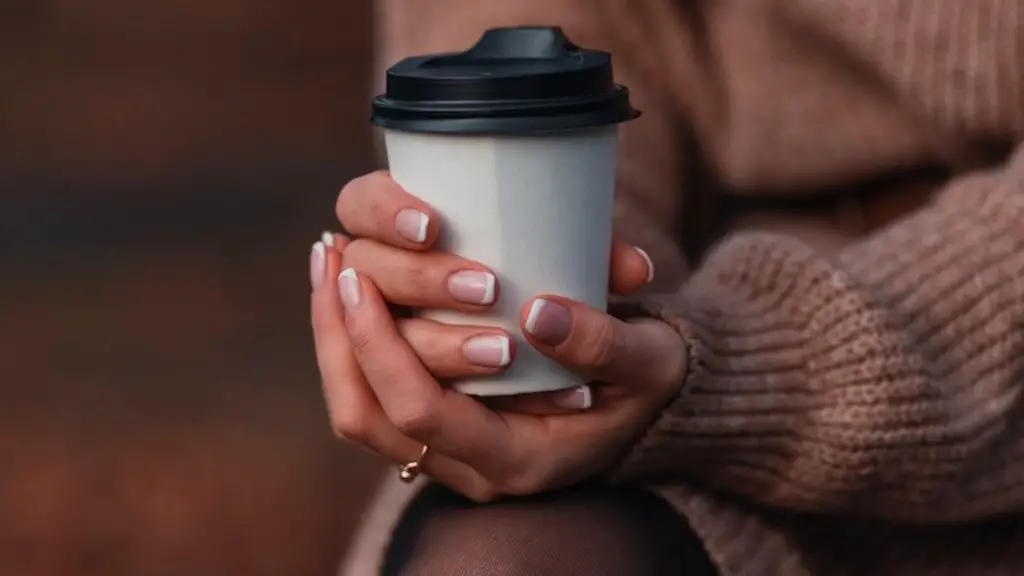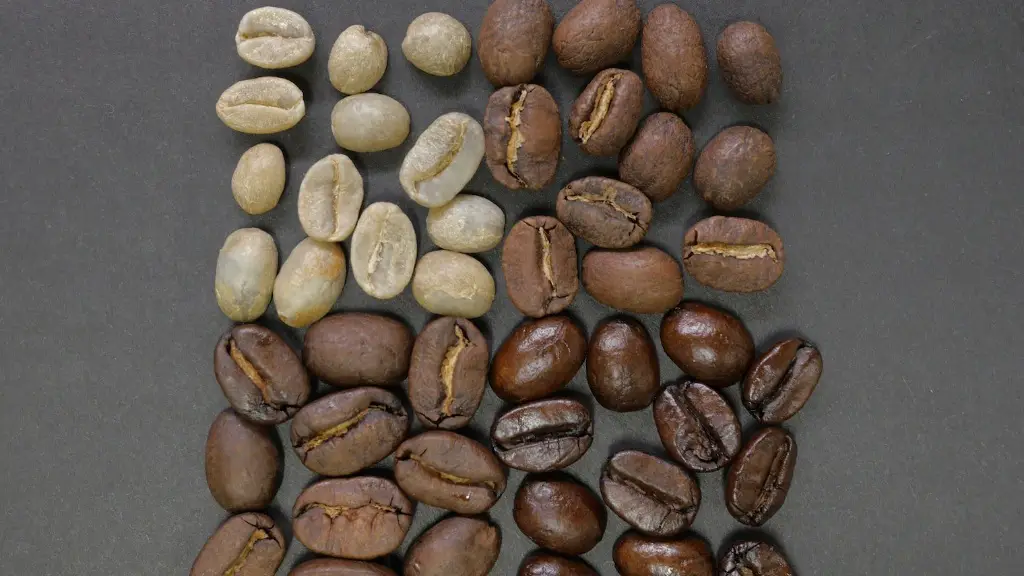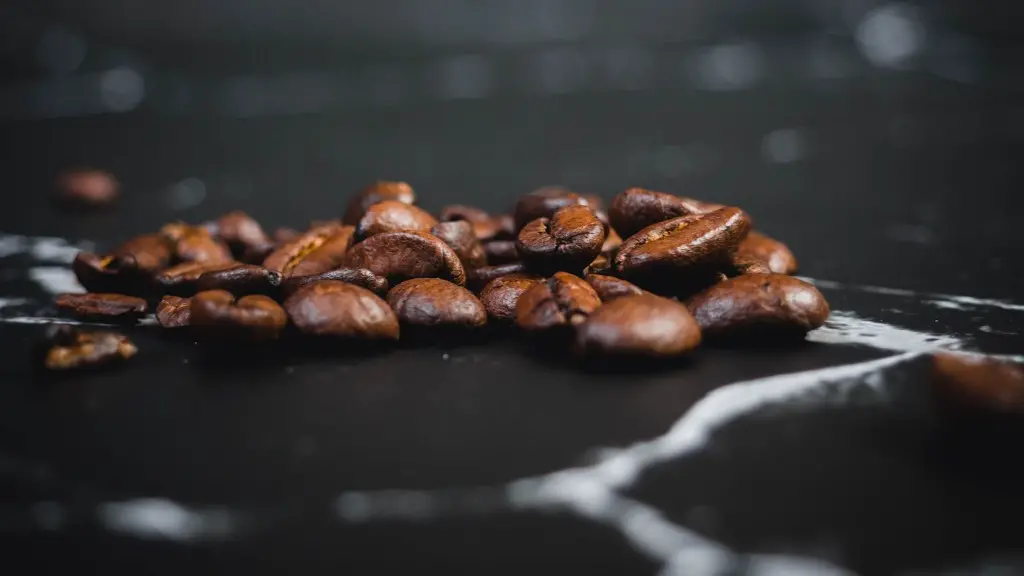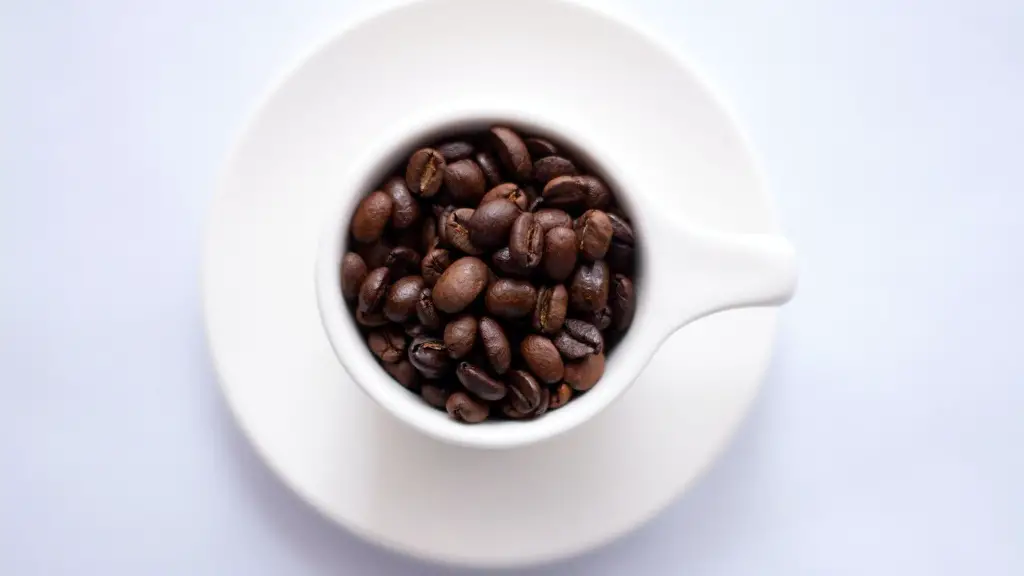Intermittent fasting is an increasingly popular diet plan that involves alternating cycles of eating and fasting, but the question remains: Can you sip on coffee or delve into a refreshing glass of water while you’re fasting? The answer to this question can vary based on individual preferences, so the goal of this article is to provide an unbiased overview of your drink options while fasting.
When it comes to liquids, water is certainly the best zero calorie option, and it can still be beneficial even when fasting. Many people tend to experience dehydration during fasting, and having water by your side can help reduce any possible ill effects of dehydration. In addition, drinking water can help keep you feeling full as it helps slow down digestion. However, it is important to remember that drinking too much water may cause electrolyte imbalances, since the body needs electrolytes to properly absorb and store water.
On the other hand, coffee can be an acceptable beverage during intermittent fasting, particularly if you’re using a 16:8 fasting technique. As long as your coffee doesn’t contain any additional calories other than from the minimal amount of milk or cream, it should be okay to enjoy a small amount of coffee while fasting. Coffee can also help reduce hunger during a fast, and the boost of energy it provides can help keep you alert and focused throughout the day. As with water, however, it is important to limit your caffeine intake and to avoid drinking excessive amounts of coffee, as too much caffeine can lead to poor sleep and restlessness.
When it comes to other drinks, the answer is less clear. Sugary and alcoholic beverages are generally best avoided while fasting due to their high calorie content. But other options such as herbal tea, unsweetened almond milk, and black tea could be considered as long as they contain either no calories or very few calories. The key is to check the label on any beverage you decide to drink, as some of these drinks may contain high levels of sugar and calories. It is always best to opt for sugar- and calorie-free options to fully reap the benefits of intermittent fasting.
In conclusion, it is important to remember that everyone’s body responds differently to intermittent fasting. While water and coffee can be acceptable drinks during a fast, any other beverages should be consumed with caution. To ensure that you are getting the best results from your fast, it is best to speak with a healthcare professional, nutritionist, or registered dietitian to review your diet plan.
The Role of Coffee
While there are still conflicting opinions on the role of coffee during intermittent fasting, research suggests that it may be beneficial in specific situations. For instance, studies have shown that having a cup of coffee can reduce hunger, increase alertness, and improve energy levels during fasting. For example, one study examined the effects of caffeine on hunger during an 8-hour fast, finding that participants who consumed a cup of coffee experienced a 60% reduction in hunger compared to those who did not consume any coffee. Therefore, it appears that coffee can help reduce hunger during intermittent fasting, as long as it does not contain additional calories.
Additionally, research also suggests that coffee does not interfere with the body’s metabolic processes during a fast. During fasting, the body goes into a state of ketosis, which is when the body uses fat as its main source of fuel. Some experts say that coffee may interfere with the body’s ability to enter this ketogenic state, but evidence does not support this claim. Studies have found that there is no significant difference in the ketone levels of participants who consumed coffee during a fast compared to those who did not. Therefore, it appears that coffee can still be consumed while fasting, though it is important to remember to limit caffeine intake.
Pros and Cons of Drinking Water During Fasting
When it comes to drinks during intermittent fasting, water is one of the best options to consider. Not only is it calorie-free, but it can also help keep you feeling full during fasting, as it helps slow down digestion. Research also suggests that having water during a fast can help reduce dehydration and any ill effects that come with it. Furthermore, staying well-hydrated can help improve sleep quality and boost energy levels.
However, there are some drawbacks to keep in mind. Drinking too much water can cause electrolyte imbalances, since the body needs electrolytes to properly absorb and store water. Additionally, drinking water while fasting can make it difficult to tell when you’re actually hungry. As a result, some people may find themselves overeating once they break their fast, thus compromising the effectiveness of their diet. Therefore, it is important to practice moderation when it comes to drinking water during intermittent fasting.
Are There Other Alternatives?
While water and coffee are the two most popular options for drinks during intermittent fasting, there are some other alternatives to consider. For instance, some people opt for herbal teas as they can be low in calories, provide essential minerals and vitamins, and can help reduce hunger. Additionally, unsweetened plant-based milks such as almond or soy milk can also be beneficial as long as you check the nutritional information label to ensure it does not contain added sugar or calories.
In summary, there are various drink options to consider when it comes to intermittent fasting. While water and coffee are generally the best choices, herbal teas and unsweetened plant-based milks can also be consumed in moderation. Ultimately, it is important to consult a healthcare professional to find the best drink options for you to get the most out of your fasting plan.
Putting it All Together: Which Drink is Best During Intermittent Fasting?
At the end of the day, the best drink for you during intermittent fasting will ultimately depend on your individual preferences. If you’re looking for something with zero calories, water is your best bet. However, if you’re looking for a bit of a pick-me-up, coffee can still be beneficial. Regardless, it is important to pay attention to the calorie count of any drinks you consume and to avoid sugary and alcoholic beverages, as these can all undermine the effects of your fast.
Furthermore, it is also important to consult with a healthcare professional when it comes to finding out which drinks are best for you. They can provide tailored advice to help you get the most out of your fasting plan. In general, however, water and coffee appear to be two of the best options when it comes to drinks during intermittent fasting.
How to Combat Cravings During Fasting
While intermittent fasting can be a great way to improve health and lose weight, it can be difficult to stick to as hunger pangs can often tempt you to break your fast. To help combat cravings and stick to your fasting plan, there are several strategies you can employ. For starters, one strategy is to focus on the “why” behind your fasting plan, utilizing this as motivation to stay on track with your diet. Additionally, you can also sip on coffees or tea, as the caffeine and antioxidants contained in these drinks can help ward off hunger and reduce cravings.
Moreover, mindful eating can also help with fasting. Mindful eating involves being aware of your thoughts and feelings and being mindful of your actions. This means eating slowly and noticing the flavor, smell, and texture of your food, as this can help curb cravings and make it easier to stick to your fasting plan. Research also suggests that adding some spices to your meals can be beneficial. Many spice are known to possess anti-inflammatory and antioxidant properties that can help reduce hunger cravings.
Furthermore, exercise can also be a great way to help curb hunger pangs. Exercise releases endorphins, which can help reduce hunger, as well as boost energy and alertness. Exercise can also contribute to an overall feeling of wellbeing, which can make it easier to stick to your fasting plan.
Conclusion
Intermittent fasting is an increasingly popular diet that involves alternating cycles of eating and fasting. However, the question remains: Can you still have a drink while fasting? Generally speaking, water and coffee appear to be the best options for drinks during intermittent fasting, as these beverages are generally calorie-free and can help reduce hunger. However, it is important to check the labels of any other beverage you plan on consuming, as some drinks can contain added sugar and calories that can undermine the effects of your fasting plan.
In addition, there are other strategies to consider when it comes to combating hunger pangs during a fast. Such strategies include focusing on the “why” behind your fasting plan, practicing mindful eating, drinking coffee and tea, adding spices to your meals, and exercising. Ultimately, the best drink option for you during intermittent fasting will depend on your individual preferences, so it is important to speak with a healthcare professional to find the best options for you.




